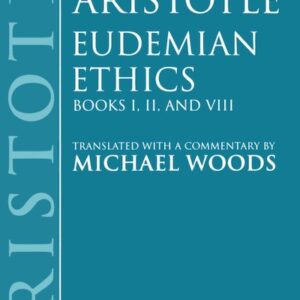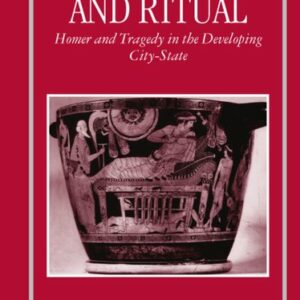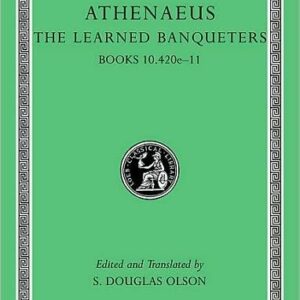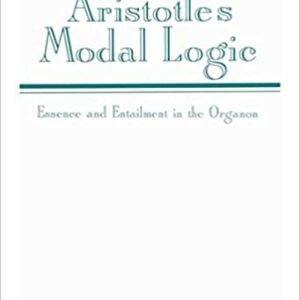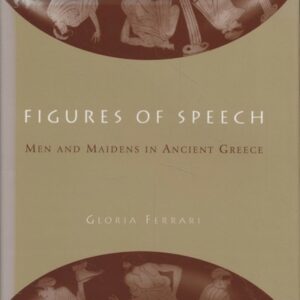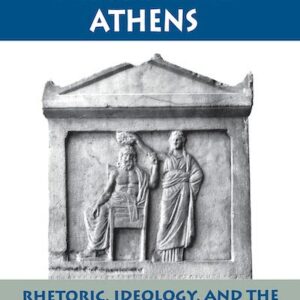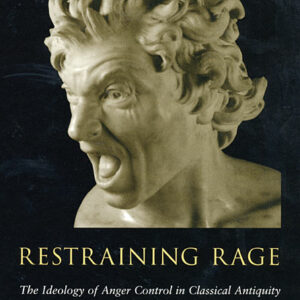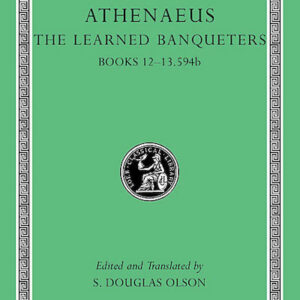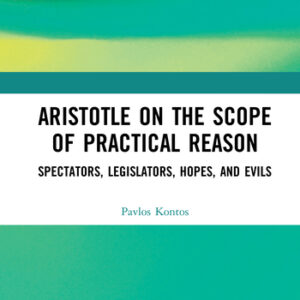
Aristotle on the Scope of Practical Reason: Spectators, Legislators, Hopes, and Evils
By Pavlos Kontos (NHC Fellow, 2017–18) This book offers a new account of Aristotle’s practical philosophy. Pavlos Kontos argues that Aristotle does not restrict practical reason to its action-guiding and motivational role; rather, practical reason remains practical in the full sense of the term even when its exercise does not immediately concern the guidance of … Continued
